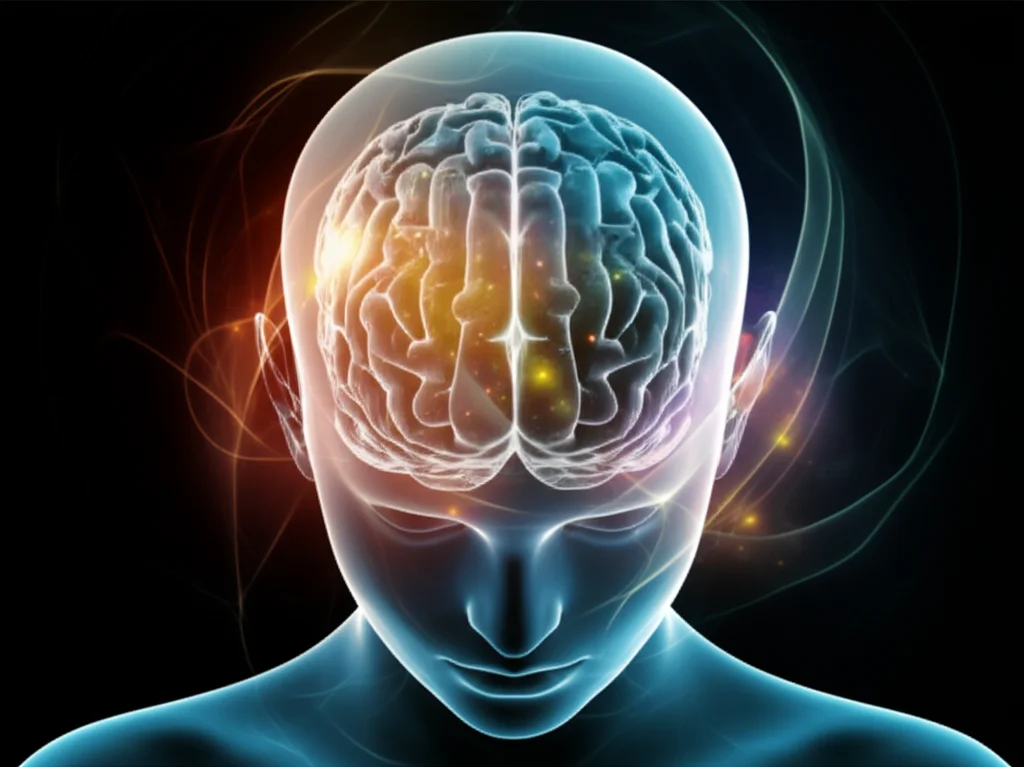Your Brain’s Secret Weapon? Unpacking Taurine’s Stroke Protection
Hey everyone! Let’s talk about something super important for our brains: stroke. It’s a big deal globally, causing a lot of hardship and disability. Finding ways to prevent and treat it is a huge challenge, and honestly, we need all the help we can get.
But what if I told you there’s a simple molecule, maybe one you’ve heard of in energy drinks (though it’s way more than that!), that might be a secret weapon against this serious health issue? I’m talking about taurine.
Taurine is a fascinating amino sulfonic acid that’s found naturally in our bodies, especially in places like the brain, heart, and muscles. Scientists have been looking at it for a while, noticing it seems to be good for overall health, particularly the brain and heart. Its neuroprotective effects have really grabbed attention.
But here’s the tricky part: figuring out if taurine *really* protects against stroke, or if low taurine levels are just a *sign* of being unwell or a consequence of the stroke itself, has been tough. Observational studies, where you just watch groups of people, can be misleading because of all the other factors that might be involved. It’s like trying to figure out if umbrellas *cause* rain because you always see people using them when it’s wet! We needed a clearer picture, a way to cut through the noise and see the real connection.
How We Found Out: Playing Detective with Genes and Chemistry
So, how did we get to the bottom of this? We used some seriously cool scientific tools to act as detectives.
First, we employed something called Bidirectional Mendelian Randomization (MR). Don’t let the fancy name scare you! Think of it as using natural genetic variations we’re born with as ‘tests’. Since these genetic variations are randomly assigned at birth (like in a randomized trial), they can act as proxies for things like our natural taurine levels. By looking at massive genetic databases from hundreds of thousands of people (like the UK Biobank and data from the European Bioinformatics Institute), we could see if genetic predispositions to higher or lower taurine levels were *causally* linked to stroke risk. This approach is brilliant because it helps minimize the impact of confounding factors and reverse causation – those pesky issues that make simple observational studies unreliable. We looked in both directions: does taurine affect stroke risk, and does stroke affect taurine levels?
Second, to get a real-world snapshot, we got super precise by developing a high-tech laboratory method called Liquid Chromatography-Tandem Mass Spectrometry (LC–MS/MS). This is a fancy way of saying we used a very sensitive and accurate technique to measure the exact amount of taurine in blood samples. We analyzed plasma samples from people who had recently experienced an ischemic stroke and compared them to samples from healthy volunteers. This gave us concrete data on actual taurine levels in these two groups.

The Big Reveal: Taurine’s Protective Power Confirmed
And the results? Pretty exciting and clear!
The Mendelian Randomization analysis strongly suggested that *higher* genetically predicted taurine levels are indeed linked to a *lower* risk of ischemic stroke. The numbers (specifically, the IVW analysis showing beta = -0.001 and P = 0.0085) indicated a statistically significant inverse association. It looks like taurine isn’t just along for the ride or a marker of health; it might actually be *protecting* us from stroke.
To back this up with real-world evidence, our precise LC–MS/MS blood tests showed a dramatic difference. Plasma taurine levels in patients who had experienced an ischemic stroke were significantly *lower* (averaging 36.07 ± 5.37 μmol/L) compared to healthy individuals (averaging 108.66 ± 25.11 μmol/L). This wasn’t just a small difference; it was quite substantial and statistically significant.
We also checked the other way around using the bidirectional MR approach – does having a stroke *cause* your taurine levels to drop? Our analysis found no significant causal relationship in that direction. This really strengthens the idea that lower taurine levels might be a *risk factor* for stroke, potentially contributing to its occurrence, rather than just a result of the stroke event itself.
These findings are a big deal because they provide robust evidence, using two different powerful methods, supporting the idea that maintaining adequate taurine levels could be important for cerebrovascular health.
Why Taurine is Your Brain’s Ally
So, why would taurine be so protective? Well, it’s a bit of a multitasker in the body, especially in the brain. It plays multiple crucial roles:
- It helps keep our cell membranes stable, which is vital for proper cell function and preventing damage.
- It acts like a bodyguard against damaging molecules by mitigating oxidative stress. It can neutralize free radicals that can harm brain cells.
- It helps calm down harmful inflammation, which is a major factor in stroke injury and recovery.
- It helps regulate crucial stuff like calcium inside cells, preventing the toxic buildup that can happen during stroke.
- It supports the powerhouses of our cells, the mitochondria, ensuring they have enough energy to function and recover.
- It even seems to help the brain repair itself (neuroplasticity) after injury, promoting axonal growth and functional recovery.
It’s like giving your brain a little extra support system that helps it withstand stress and recover better.
What This Means for You
So, what’s the takeaway from all this scientific detective work? This study really puts taurine on the map as a potential player in stroke prevention and recovery.
It could mean that:
- Measuring taurine levels might one day help identify who’s at higher risk for ischemic stroke.
- Perhaps more excitingly, it opens the door to exploring whether boosting taurine levels – maybe through dietary interventions, supplements, or even new pharmacological means – could be a promising strategy to help prevent strokes or improve recovery for those who’ve had one.
It provides theoretical support for clinical applications and might even drive the development of personalized medical approaches to reduce stroke incidence and improve patient outcomes.

The Road Ahead: More Research Needed
Now, science is a journey, and while these findings are incredibly promising, there are always steps to take. This study was super robust, using great methods like MR and LC–MS/MS, which significantly strengthen the causal inference compared to previous studies. However, we need to acknowledge a few things:
- Most of the genetic data used in the MR analysis came from people of European ancestry. We need to see if these findings hold true for everyone, everywhere, by including multi-ethnic cohorts in future research.
- While our findings were statistically significant, the effect sizes (the beta values) were relatively small. This means that while taurine seems to have a protective effect, the magnitude of that effect needs further investigation to understand its full practical implications in clinical settings.
- Although we did our best to rule out other factors influencing the results (pleiotropy), it’s hard to completely eliminate that possibility in MR studies.
Despite these points, the evidence is compelling. Future research should definitely focus on expanding the sample diversity, optimizing the dosage of taurine for different groups through clinical trials, and conducting randomized controlled trials (RCTs) to definitively ascertain the clinical efficacy and safety of taurine supplementation for stroke prevention and treatment. Mechanistic studies exploring the exact biological pathways would also be incredibly valuable.

Wrapping Up
So, there you have it. This study provides strong evidence, backed by both genetic analysis and precise blood measurements, that higher plasma taurine levels are causally linked to a reduced risk of ischemic stroke. It suggests that taurine isn’t just an ingredient in your energy drink; it’s a fascinating molecule with real potential to protect our brains from one of the leading causes of disability worldwide.
It’s a promising step towards new ways to keep our brains healthy and lays a solid groundwork for future research and potential personalized interventions. Definitely something to keep an eye on!
Source: Springer







